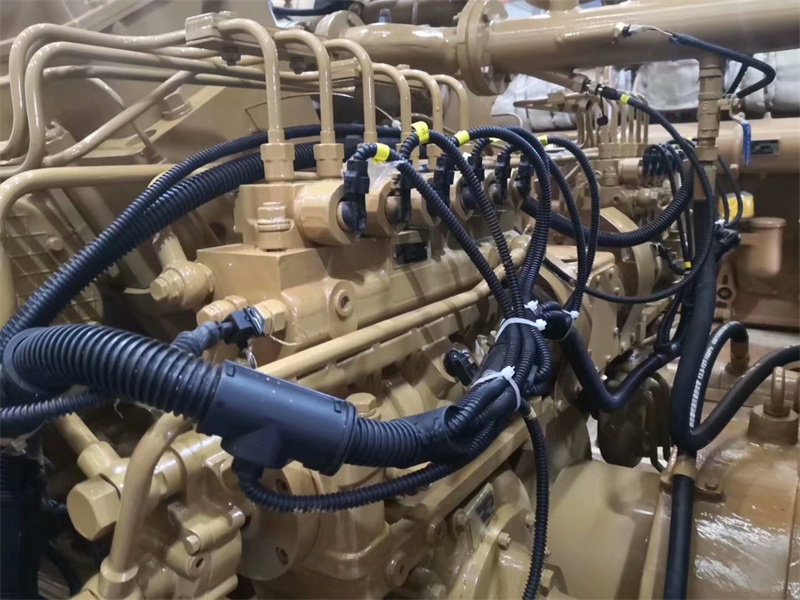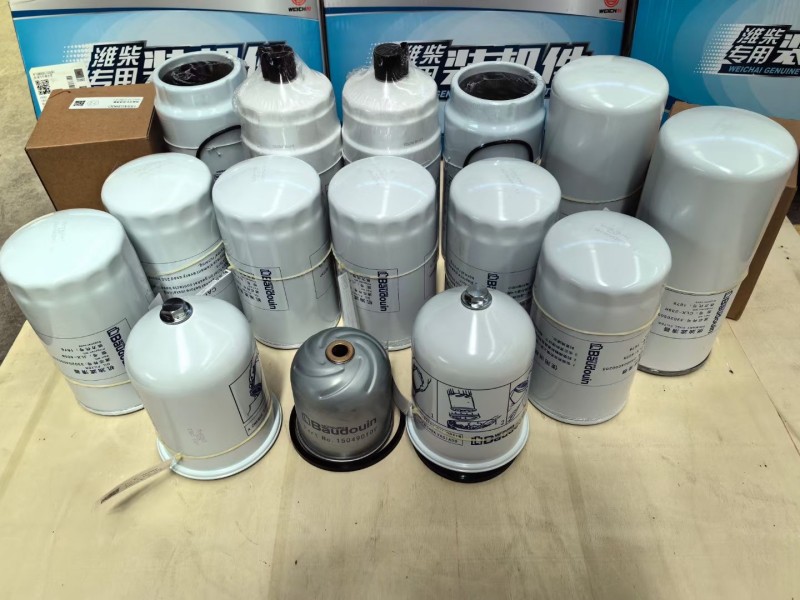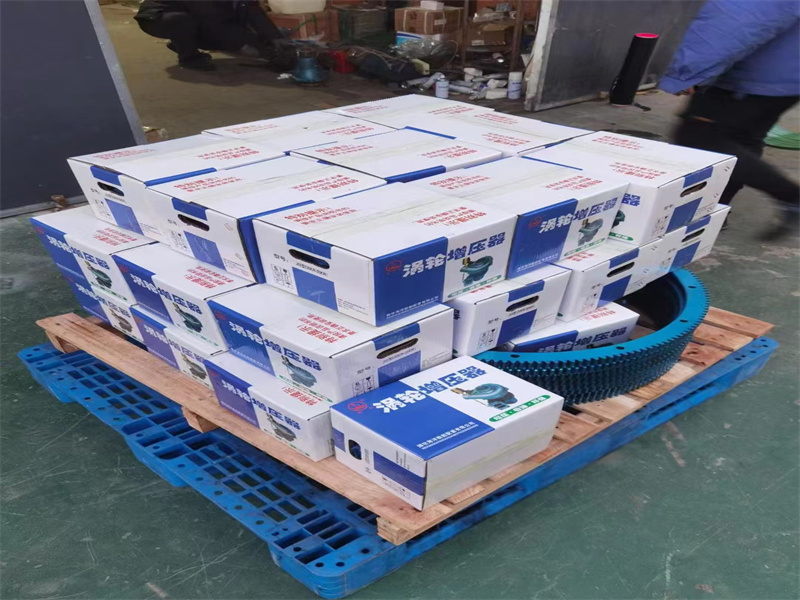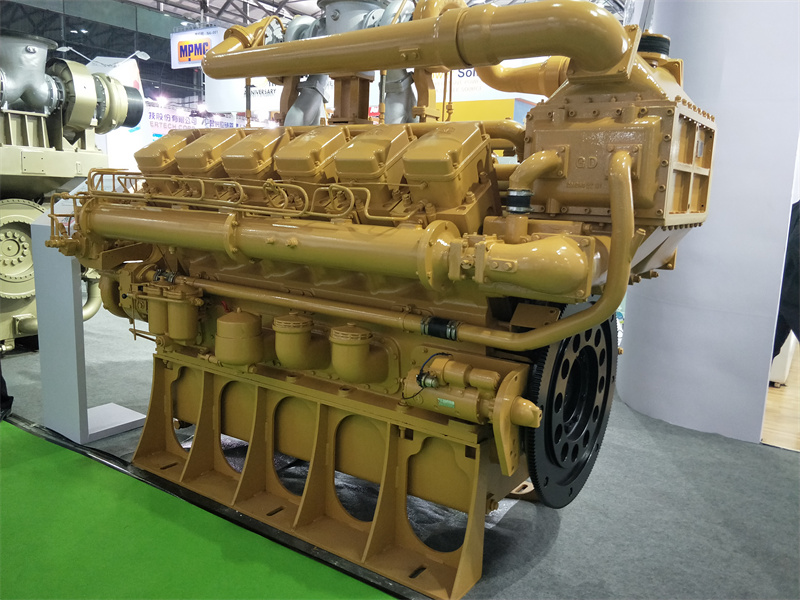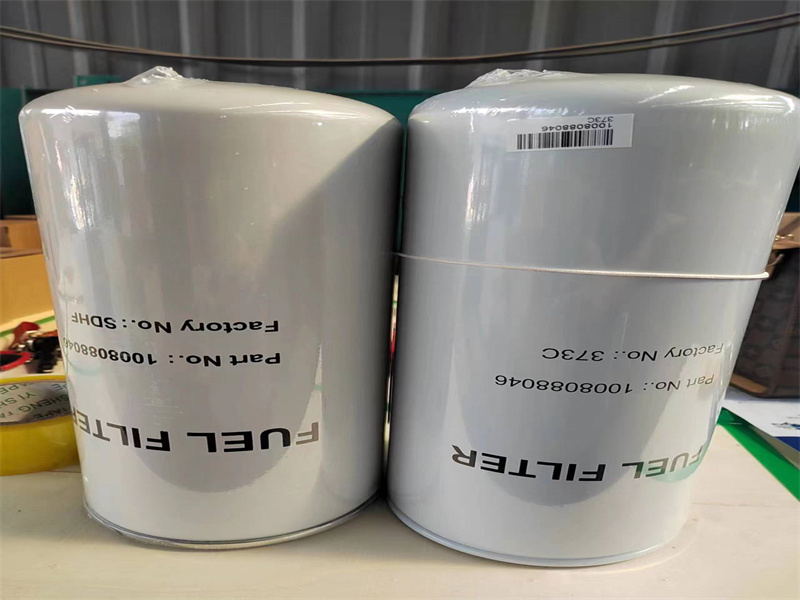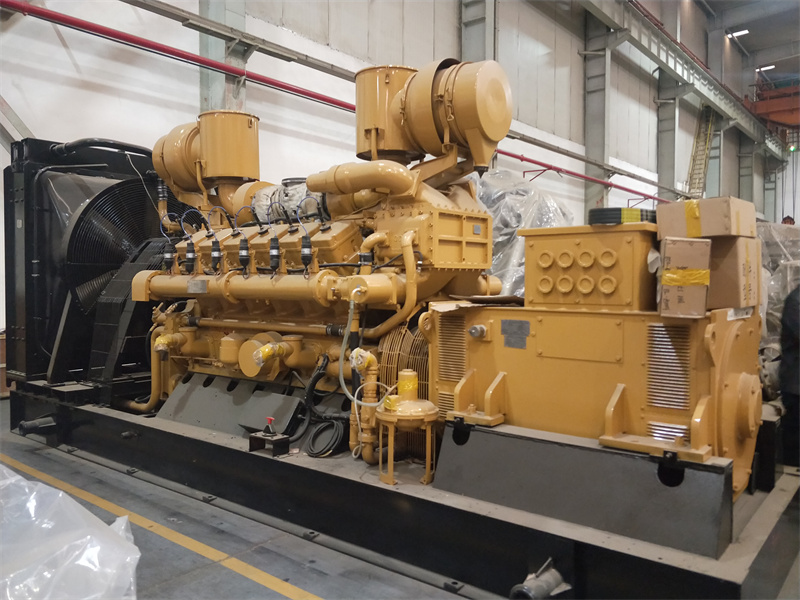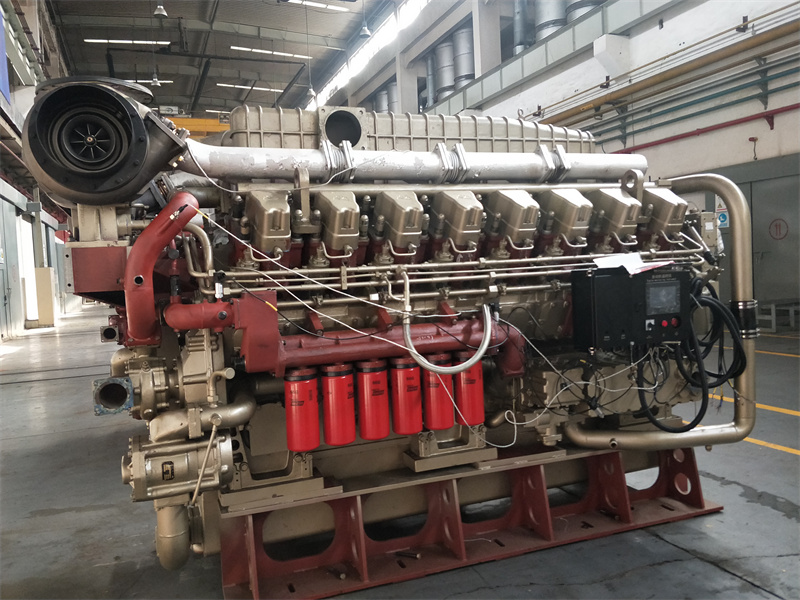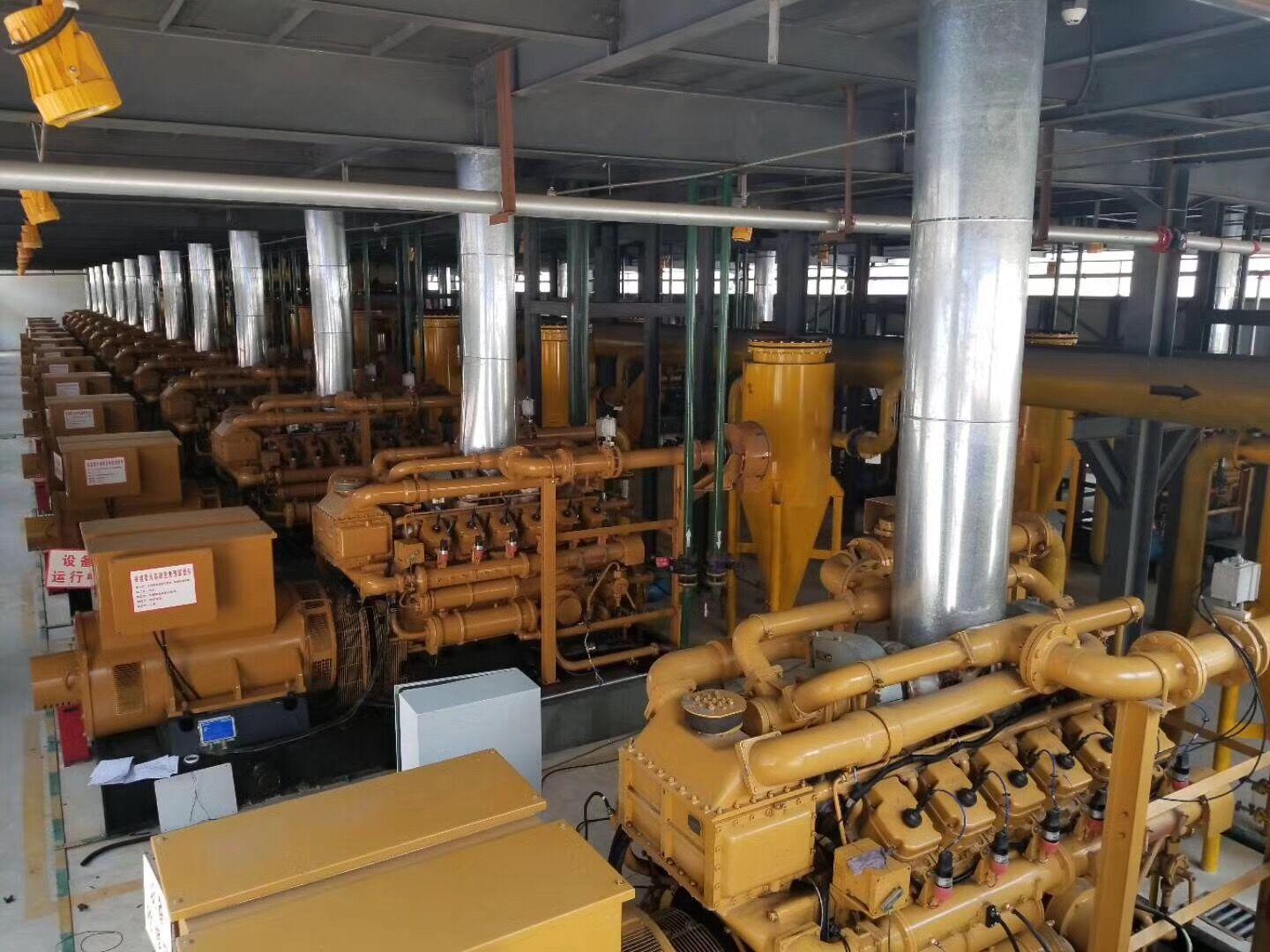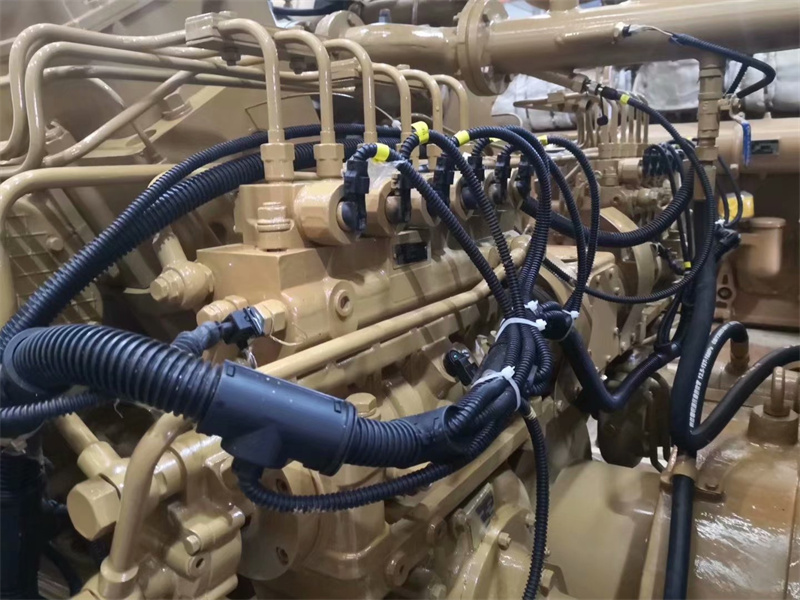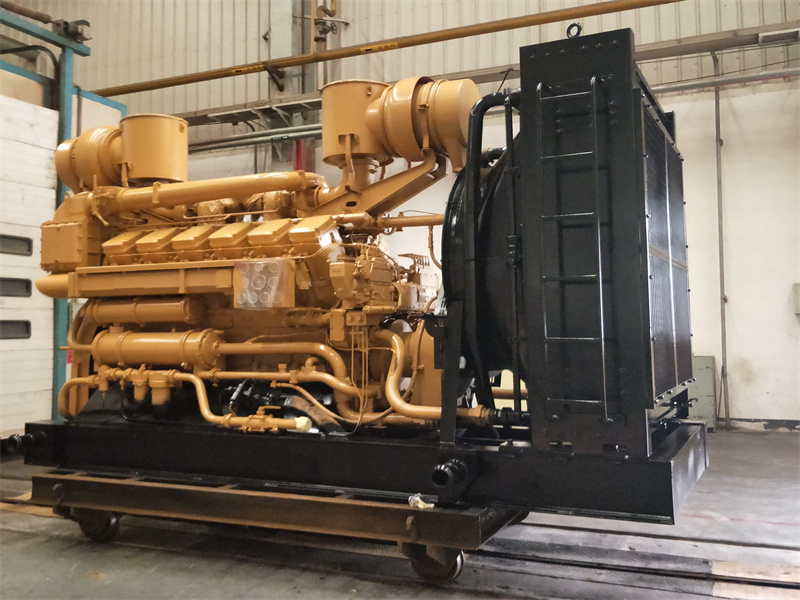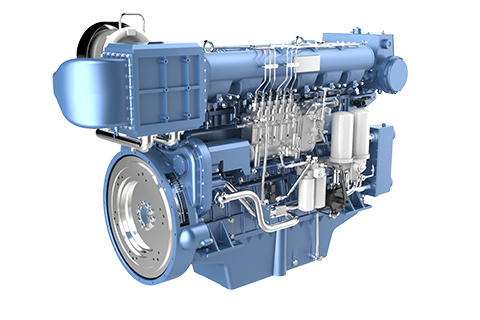Welcome to Shandong Hongfan Power Technology Co.,Ltd
How to solve Insufficient Power and High Exhaust Temperature in Natural Gas Engine
Many users of Jichai and Weichai natural gas engines have reported that insufficient power and excessively high exhaust temperatures are two of the most common yet difficult issues to resolve. In severe cases, these problems can lead to engine shutdowns and significant financial losses. This article will thoroughly analyze the typical causes of these faults and their troubleshooting methods to help technicians quickly locate and resolve problems, ensuring stable operation of the equipment.
I. Common Causes and Solutions for Insufficient Engine Power
| Fault Cause | Solution |
|---|---|
| 1. Low natural gas pressure or a faulty pressure regulator | Adjust the gas pressure to the specified value or replace the regulator if necessary. |
| 2. Fluctuating gas composition or heating value | Check the fuel gas composition and heating value to ensure they meet engine requirements. |
| 3. Insufficient air intake | Inspect the air filter for blockages and ensure a clear intake path. |
| 4. Unbalanced governor lever or throttle valve | Calibrate the governor system and ensure the throttle valve is properly closed. |
| 5. Valve clearance too small | Adjust valve clearance according to specifications. |
| 6. Damaged cables | Check the integrity of the cables and replace if necessary. |
| 7. Damaged high-voltage lines | Inspect high-voltage connections and look for leakage or damage. |
| 8. Poor spark plug performance | Check spark plug gap and connections; clean or replace as needed. |
| 9. Incorrect ignition timing | Calibrate the ignition timing to ensure accurate firing. |
| 10. Excessive carbon buildup in the turbocharger | Disassemble and clean the turbocharger to remove carbon deposits. |
Technical Tips:
Regularly test the quality of natural gas to detect heating value fluctuations in advance.
Check for leaks in the intake system to prevent reduced air volume.
Use qualified spark plugs and replace them periodically to maintain a high-performance ignition system.
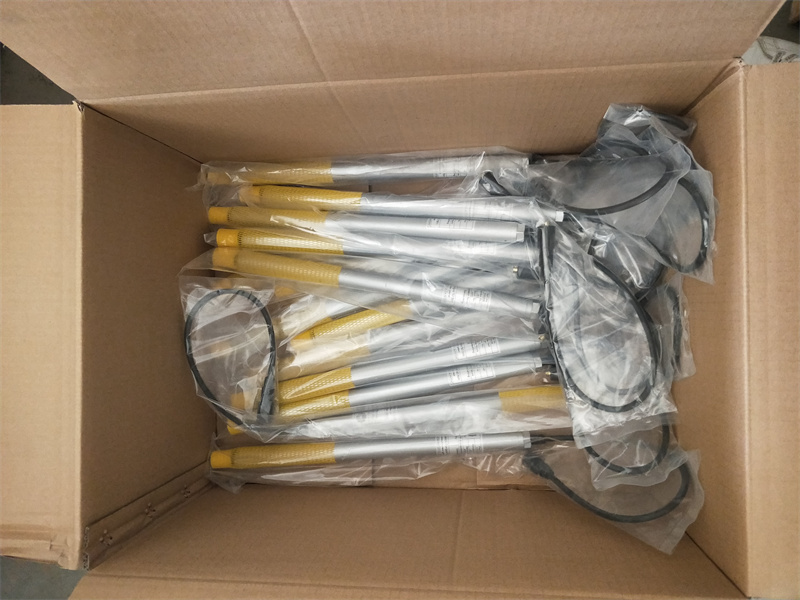
II. Fault Analysis and Solutions for High Exhaust Temperature
| Fault Cause | Solution |
|---|---|
| 1. Air intake pipe leakage | Check intake pipe pressure, fix leaks, and clean the air filter. |
| 2. Exhaust system leakage | Fully inspect exhaust system joints and repair any leaks. |
| 3. Excessive resistance in intake/exhaust system | Clean blocked or heavily carbonized areas in the piping. |
| 4. Incorrect ignition timing | Adjust ignition timing to specified values for proper combustion. |
| 5. Overly rich fuel mixture | Adjust the fuel-air ratio to achieve a reasonable mixture (reduce gas content appropriately). |
Friendly Reminders:
An overly rich mixture not only raises exhaust temperature but also reduces fuel efficiency.
Carbon deposits in the exhaust system should be cleaned regularly to prevent excessive back pressure.
Accurate ignition system calibration is essential to avoid premature or delayed ignition that can lead to abnormal combustion.
Conclusion
For further professional support, please contact us [email protected].
